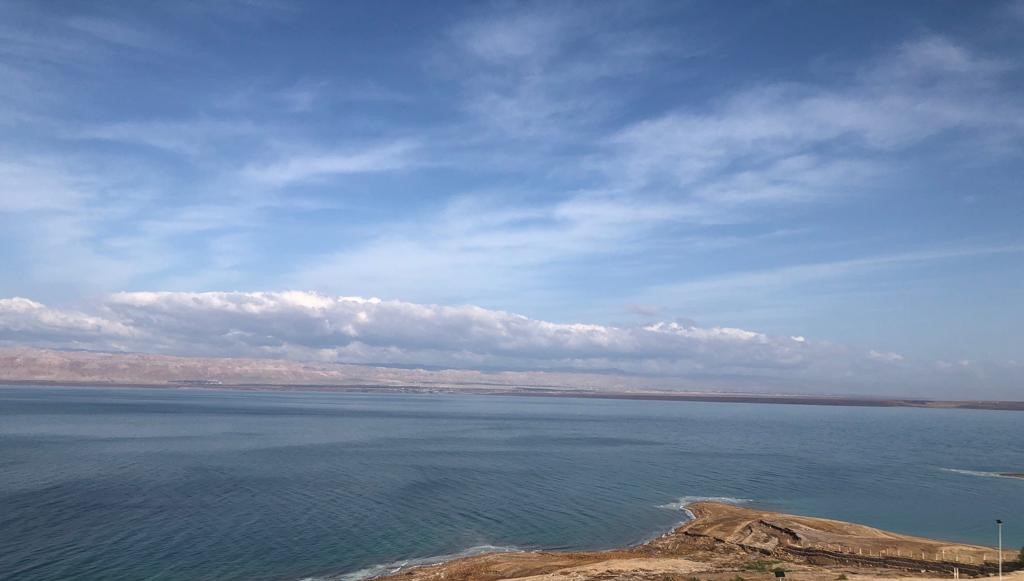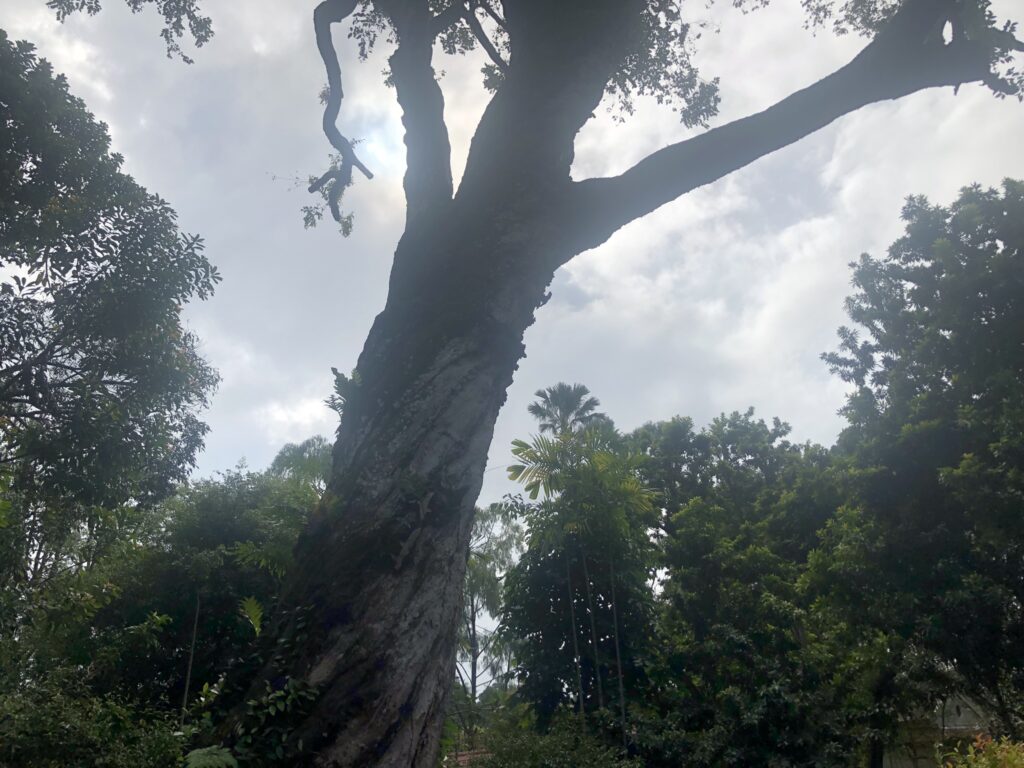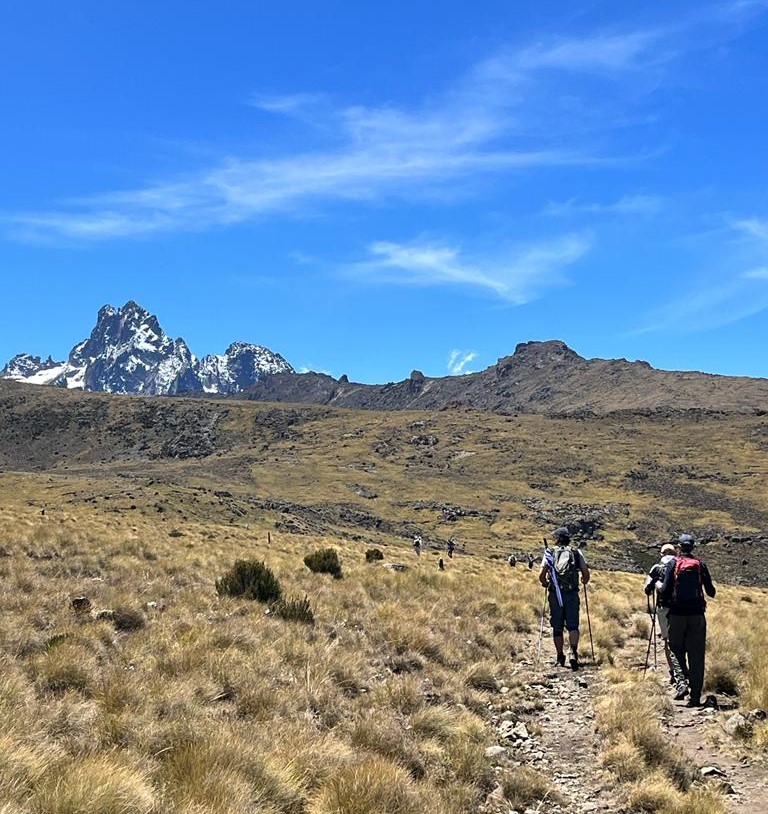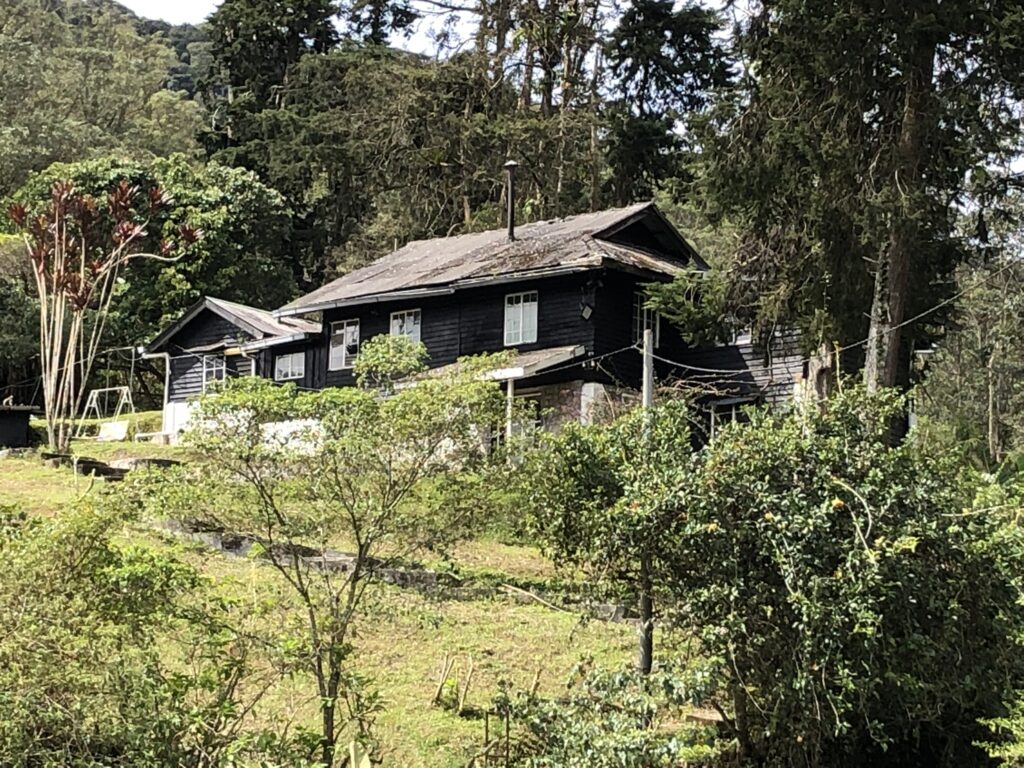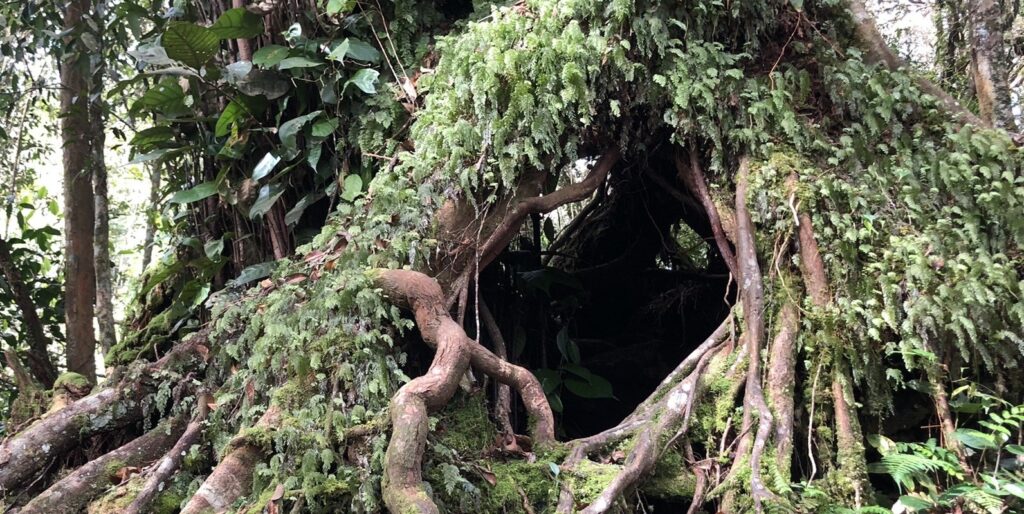“Generally, I’ve noticed that caring less and caring appropriately about reputation doesn’t harm it in ways that really matter too much, and that good people are often drawn to me turning up authentically and offering something genuine”
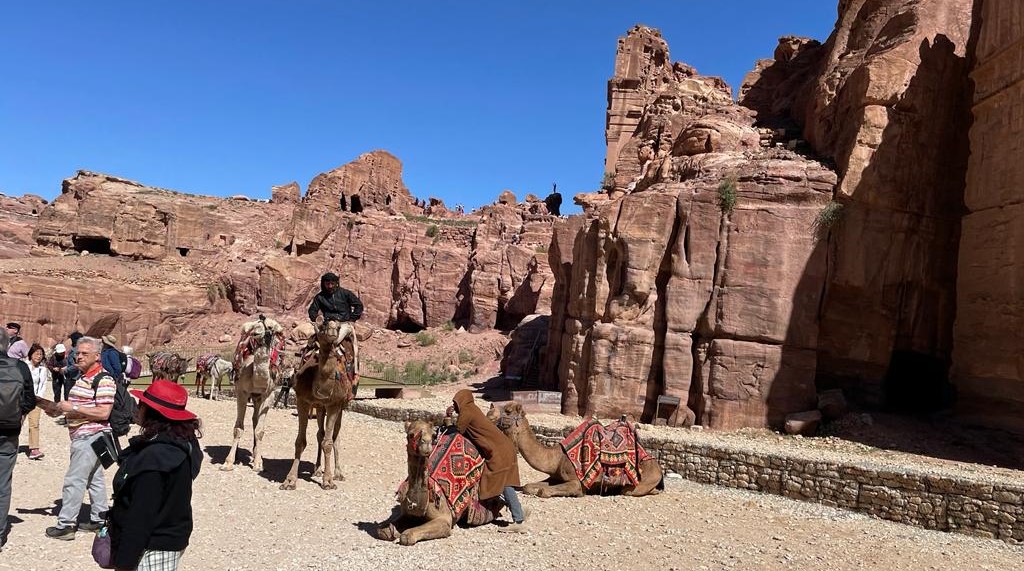
Dear Integral Meditators,
This weeks article looks at reputation as an object of mindful attention, if you enjoy it, do feel free to join us for this week’s Tuesday & Wednesday meditation class, where we shall be taking it as out subject for meditation.
Heads up for two events next week: Starting Tues/Weds April 11th/12th , 7.30-8.30pm – Meditations for thriving and energy creation – An eight week course & Saturday 15th April 9am-12.30pm – Meditations for Developing the Language of Your Shadow Self Workshop
In the spirit of the life-eternal,
Toby
Relaxing into who you are – Mindfulness around reputation
‘PROPHECY’ By Anthony De Mello
“I wish to become a teacher of the Truth.”
“Are you prepared to be ridiculed, ignored and starving till you are forty-five?”
“I am. But tell me: what will happen after I am forty-five?”
“You will have grown accustomed to it.”
The above story is one of my favourites, I mention it quite often in my trainings and coaching sessions. Over the years it has really helped my to relax into who I am, do the work that I want to do and, based upon that invite others to participate in a way that I can make a living
Are you prepared to be ridiculed, ignored and starving till you are forty-five?
With reputation, its worth looking at the attachments and anxieties that we have around it. Naturally we don’t want to be ridiculed or thought of as stupid, we want affirmation from others. Naturally we don’t want to be ignored, we want to feel that we have value and that that value is recognised. The thought of not having enough resources to survive haunts us, and we feel we need to make friends and allies to help us avoid that ( even though for the most part we are well beyond the point of completely running out of food and money). All of this is understandable, but it becomes a problem when we start to change ourself and divert from our own basic authenticity in order to gain or sustain a ‘good reputation’ with others and in our community.
I stated relating this story when I was around 40 years old (I misread the age in the text). When I told it I told it in relation to the work of being an independent mindfulness and meditation teacher, outside of the mainstream plying my trade and encouraging participation. I had struggled somewhat up to that point with the task of being happy to stick to my guns in terms of my work, and not be too bothered who liked it, disliked it or just wasn’t interested. I wanted to be thought well of, be recognised and rewarded when I set out my stall and made an offering. By the time I hit 40 however it had started to be more of an amusing game to me, ‘rejected’ or ‘ignored’ had become something I had accepted as a normal part of things. There was a real liberation that came from this in two ways:
- Firstly, my peace of mind and equanimity in the face of reputational concerns increased
- Secondly, I felt free-er to simply turn up and be myself, offer what I had to offer and relax into the effects/consequences of that
Another couple of effects were:
- I started enjoying my work more, and engaging with more enthusiasm
- I noticed that, when people did like what I did, or connected with what I offered, it felt stronger; what I gave out tended to come back
Letting go of over-concern won’t harm your reputation
I’m not suggesting here that you completely don’t give a sh*t about what others think of you, just that you:
- Recognize and release over-concern around reputation
- Don’t compromise yourself for the sake of your reputation
- Make the cultivation of your reputation an aspect of your curiosity, creativity and ethics, rather than neurosis and insecurity
- Value your reputation with the people that you value, and that value you, rather than ‘everyone’
- Become good at affirming your own fundamental value and worth instead of needing that affirmation from what others think of you
Generally, I’ve noticed that caring less and caring appropriately about reputation doesn’t harm it in ways that really matter too much, and that good people are often drawn to me turning up authentically and offering something genuine.
Back in my Tibetan Buddhist days reputation was amongst four domains to cultivate even-mindedness around:
- Pleasure and pain
- Loss and gain
- Praise and blame
- Good reputation bad reputation
Even-mindedness around of them has substantial rewards, ‘reputational even-mindedness’ is a base for types of happiness and confidence that cannot be had when we are at the mercy of the opinions of others. And you probably won’t starve, either.
Related reading: The experiential self: Meditation, vividness & charisma
© Toby Ouvry 2023, you are welcome to use or share this article, but please cite Toby as the source and include reference to his website www.tobyouvry.com
All upcoming classes and workshops at IMA:
Ongoing – Weekly Tuesday, Wednesday Online class schedule
Ongoing on Wednesday’s, 7.30-8.30pm – Wednesday Meditation for stress transformation and positive energy with Toby (Bukit Timah)
Ongoing on Tuesday evenings, 7.30-8.30pm – Tuesday Meditation for stress transformation and positive energy with Toby (East Coast)
Sat & Sunday 1st, 2nd April – Two day integral meditation retreat
Starts Tues/Weds April 11th/12th , 7.30-8.30pm – Meditations for thriving and energy creation – An eight week course
Saturday 15th April 9am-12.30pm – Meditations for Developing the Language of Your Shadow Self Workshop
Saturday April 29th, 9.30-11.30am – Monthly Qi Gong & Taoist Breathwork Clinic & Mini-retreat
Tues 30th/Weds 31st May – Wesak meditation
Integral Meditation Asia
Online Courses * 1:1 Coaching * Books * Live Workshops * Corporate Mindfulness Training *Life-Coaching * Meditation Technology
